Because of the issue described here I am migrating to Springdoc. And now in Swagger UI I don't have a field for bearer token for each endpoint but it is expected because those endpoints are secured.

I have the following configuration:
@Bean
public OpenAPI myAPI() {
return new OpenAPI()
.components(new Components()
.addSecuritySchemes("bearer-key",
new SecurityScheme().type(SecurityScheme.Type.HTTP).scheme("bearer").bearerFormat("JWT")))
.info(new Info()
.title("MY API")
.description("Documentation of API v.1.0")
.version("1.0")
).addSecurityItem(
new SecurityRequirement().addList("bearer-jwt", Arrays.asList("read", "write")));
}
I've found workaround - marking each invidual endpoint with:
@Operation(summary = "some description", security = { @SecurityRequirement(name = "bearer-key") })
But I don't like to do this repeated work.
Is there a way to make it global for each rest endpont?